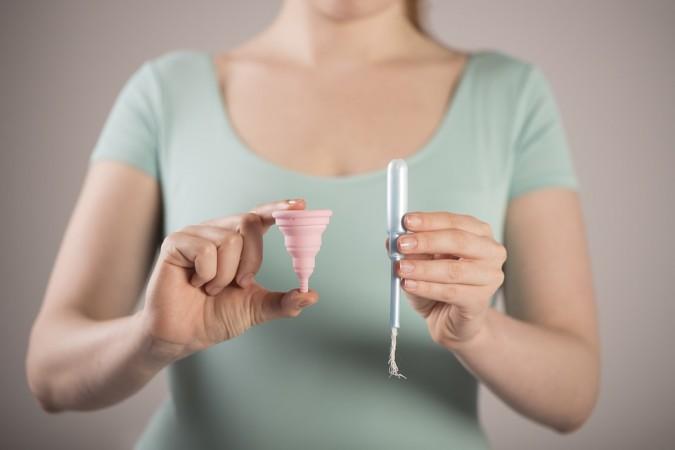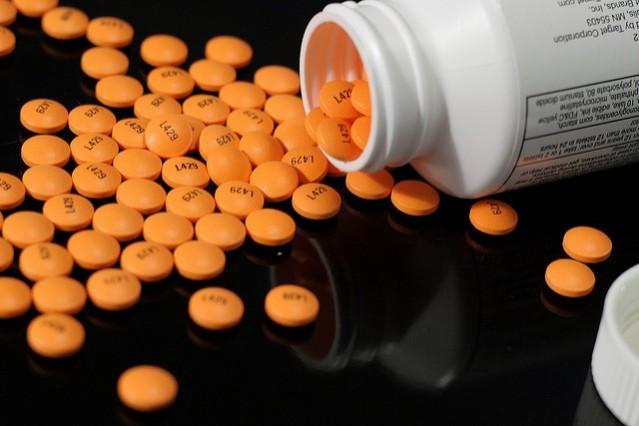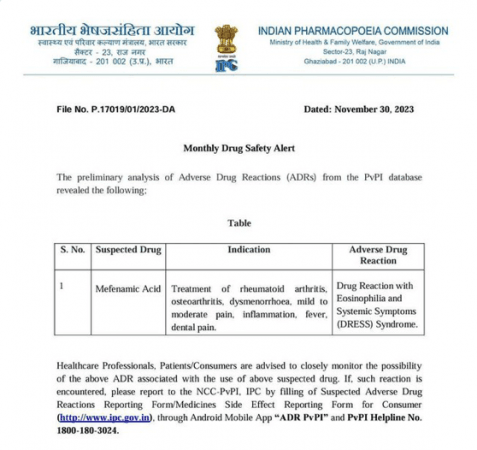
For decades now, Meftal Spas has been a go-to pill, a staple in the medicine cabinet for millions of girls battling monthly period cramps. The Indian Pharmacopoeia Commission (IPC) has issued a drug safety alert for the common painkiller mefenamic acid, urging healthcare professionals and patients to closely monitor any adverse reactions associated with the painkiller. It is also commonly prescribed for rheumatoid arthritis, osteoarthritis, dysmenorrhea, mild fever, inflammation and dental aches too.

IPC's alert says that, "The preliminary analysis of adverse drug reactions from the PvPI database revealed cases of Eosinophilia and systemic symptoms (DRESS) syndrome."
Hapatologist and alternative medicine de-influencer Dr Cyriac Abby Philips advises against pressing the panic button as he says the said adverse reaction to the painkiller is very rare and almost nonexistent in published medical literature in the country. In a detailed post, he opines, "The Ministry of Health and Family Welfare, Government of India, Indian Pharmacopoeia Commission has suddenly woken up to the fact that non-steroidal anti-inflammatory drug (NSAID) like mefenamic acid (mostly prescribed in short term for painful period cramps) causes a side effect called as DRESS syndrome." He says that DRESS was a condition first described in 1936 from treatment due to anti-seizure drugs."
Deriding the medical opinion that went viral on social and other news media, he further says that, "Country is now panicking on this absolutely nonsense alert on one of the safest drugs out there on a side effect that is not literally reported in published literature from India."
Further calling DRESS syndrome, "a well-known but extremely extremely rare adverse event associated with painkillers such as mefenamic acid," he adds that the most common drugs that lead to DRESS syndrome are anti-seizure medications wherein almost 50% cases are reported world-wide.
The medications that actually lead to DRESS syndrome
Citing studies in NCBI, Dr Philips further goes on to list the anti-seizure medications that actually lead to DRESS syndrome, such as, "carbamazepine, phenytoin, phenobarbitone, antibiotic such as minocycline and the drug for gout called allopurinol." He adds, "Carbamazepine the anti-seizure drug has been reported to be implicated in most DRESS cases world over, 27% of all reported cases." Alleviating the panic calls, he adds that published reports of mefenamic acid causing DRESS syndrome from Asia are actually zero.
Somewhat putting forth a similar opinion about the drug, another medical influencer by the name Autopsy Surgeon says, "It is not like that it is totally unsafe to consume." An MD in Forensic Medicine and Autopsy surgeon, he explains that the health alert is like an advisory for healthcare professionals. "It is advised to healthcare professionals, patients and consumers to closely monitor the possibility of the above adverse drug reactions (ADR) associated with the use of the above suspected drug."

But what is DRESS syndrome?
As per the New Zealand medical safety authority MEDSAFE, DRESS (Drug Rash with Eosinophilia and Systemic Symptoms" is an adverse reaction term that is currently used to describe a hypersensitivity reaction with an estimated mortality rate of up to 10%. It further says, "DRESS syndrome is a delayed type IVb hypersensitivity reaction thought to be ediated by antiviral T cells. Prompt clinical recognition and discontinuing suspected medicines helps to minimize morbidity and mortality." It is characterized by fever, skin rash, hematological abnormalities and internal organ involvement.

Related

















